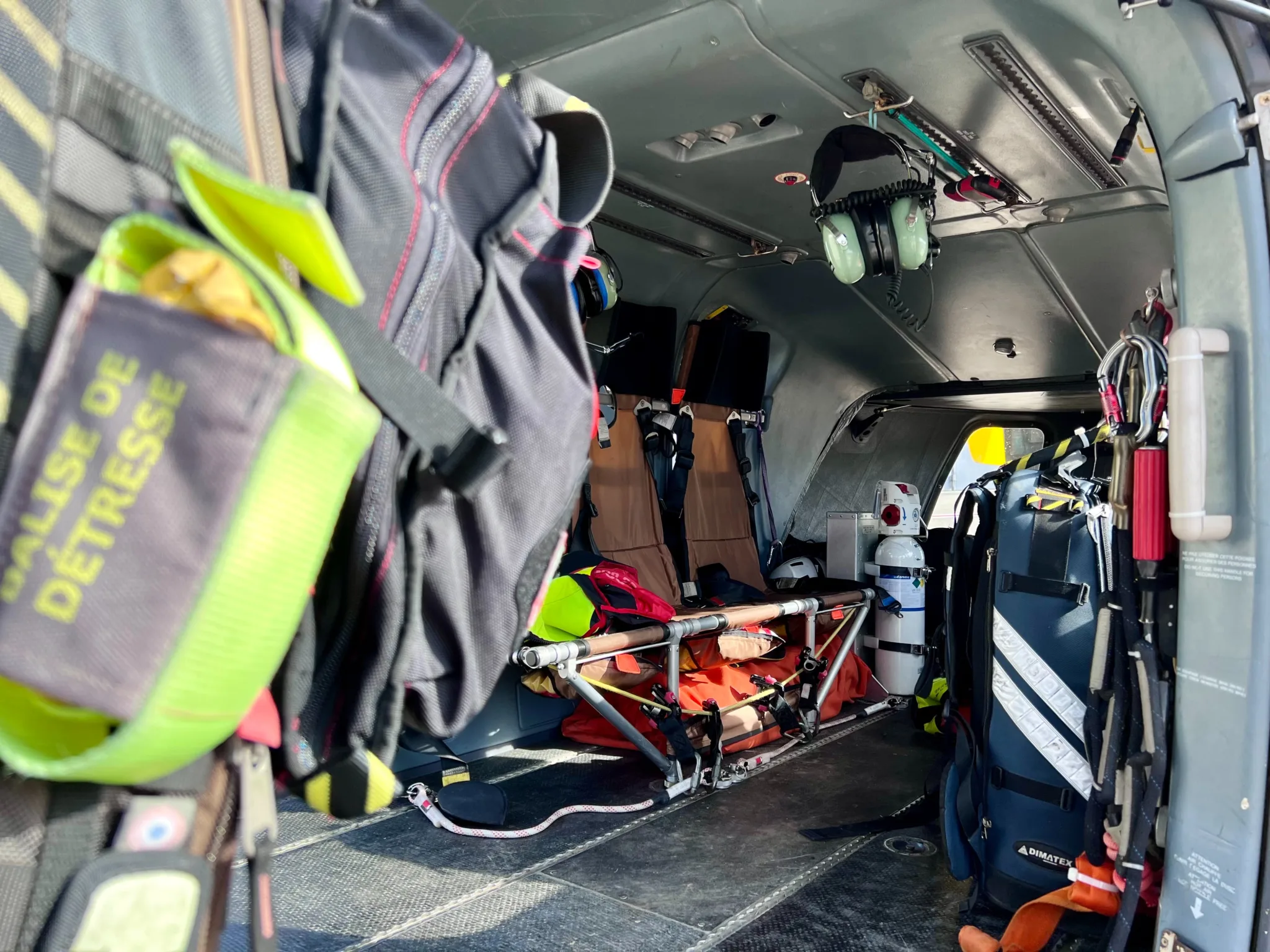
At the heart of the action, the life of a pilot in the rescue sector
Introduction
Pilots play a crucial role in rescue operations, symbolising the vital element that distinguishes success from failure.
Beyond their technical expertise, these professional helicopter pilots embody the very essence of humanitarian response. This introduction focuses on the indispensable contribution pilots make to rescue missions, highlighting the direct impact they have on the lives of people in distress. In this demanding field, every manoeuvre takes on profound significance, and every move represents an act of selfless service. Although the technical nature of their work is undeniable, it is the humanitarian aspect that guides their actions, giving each flight a mission: to save lives.
Beyond the cockpit, pilots become the sentinels of the skies, the bearers of a vital responsibility. Being a helicopter pilot in the rescue sector is a profession that requires many personal and professional qualities, as well as specific training.

Rescue missions in hostile environments
Carrying out rescue missions in hostile environments presents pilots with demanding challenges, both technical and psychological. Exploring mountainous, maritime or difficult-to-reach environments reveals a panoply of obstacles that put pilots’ exceptional skills to the test. At altitude, capricious winds and variations in terrain require precise mastery of aerial manoeuvres, while on the sea, changing weather conditions and recovery operations at sea demand unparalleled dexterity.
These hostile environments demonstrate the courage and skill of these pilots.
You’ve probably already read harrowing accounts of rescue situations, with these aeronautical professionals demonstrating their fearless commitment in the face of adversity, showing exceptional resilience to rescue people in distress (Spoiler: We’ll tell you in a future article the thrilling story of a dog we know well, rescued by helicopter after a 20-metre fall).
Un entrainement spécifique pour les missions de secours
As you will have realised, becoming a rescue pilot is all about acquiring specific expertise. Achieving this level is anchored in specialist training programmes designed to hone each of your skills.
They focus on :
pilots are immersed in a variety of scenarios, honing their reactivity in the face of often critical circumstances. In-depth analysis also reveals the importance placed on precise navigation, enabling pilots to manoeuvre accurately in complex environments. These specific skills become the pillars on which the ability of rescue pilots to operate effectively rests, demonstrating the relevance of specialised training tailored to the unique challenges of this demanding profession. To become a competent rescue pilot, this investment in detailed and specialised training is the key to ensuring success and safety during delicate rescue missions.
Emergency equipment
Mastering the use of each piece of emergency equipment.
Simulators
Numerous simulator sessions on a wide range of emergency situations.
Exercises in condition
Exercises in real-life conditions.
Immersed in a variety of scenarios, pilots will refine their reactivity in the face of often critical circumstances. The ability to analyse, judge and navigate with extreme precision will enable rescue pilots to manoeuvre safely and save lives.
These specific skills are the cornerstones of a rescue pilot’s ability to operate effectively. To become a competent rescue pilot, this investment in detailed and specialised training is the key to ensuring success and safety during delicate missions.
Coordination with ground teams
At the heart of rescue operations, coordination between rescue pilots and ground teams is a pivotal element in every mission. The smooth, clear and precise flow of information determines the overall success of critical missions.
Every transmission of information is of crucial importance. Here are some concrete examples of the extent of this essential collaboration:
During a mountain rescue operation, the pilots’ ability to interact effectively with the teams on the ground to identify difficult-to-access areas was decisive. In emergency medical evacuation scenarios, fluid communication between the pilots and the medical teams on the ground enabled rapid, coordinated interventions. These examples demonstrate the vital importance of communication between rescue pilots and ground teams, illustrating how perfectly orchestrated collaboration can be the key to success in situations where every moment counts. For a rescue pilot, mastering this coordination becomes an invaluable skill, underlining the very essence of their contribution to teams dedicated to saving lives.
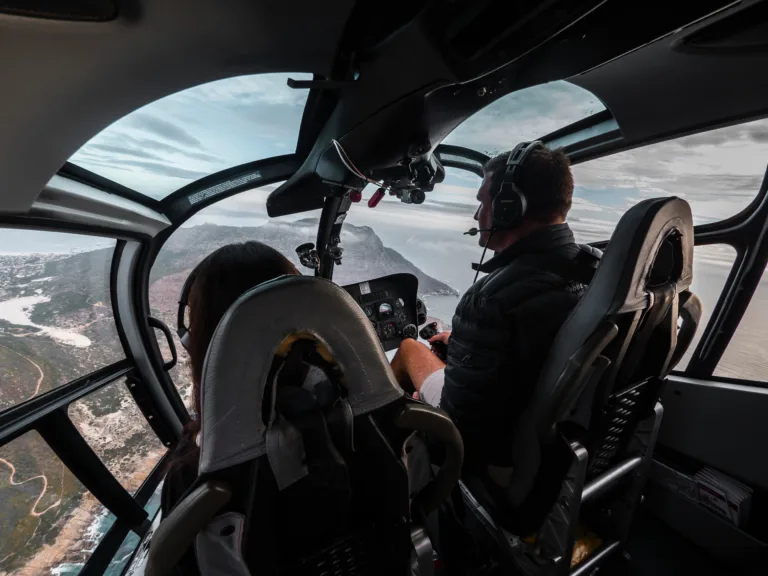
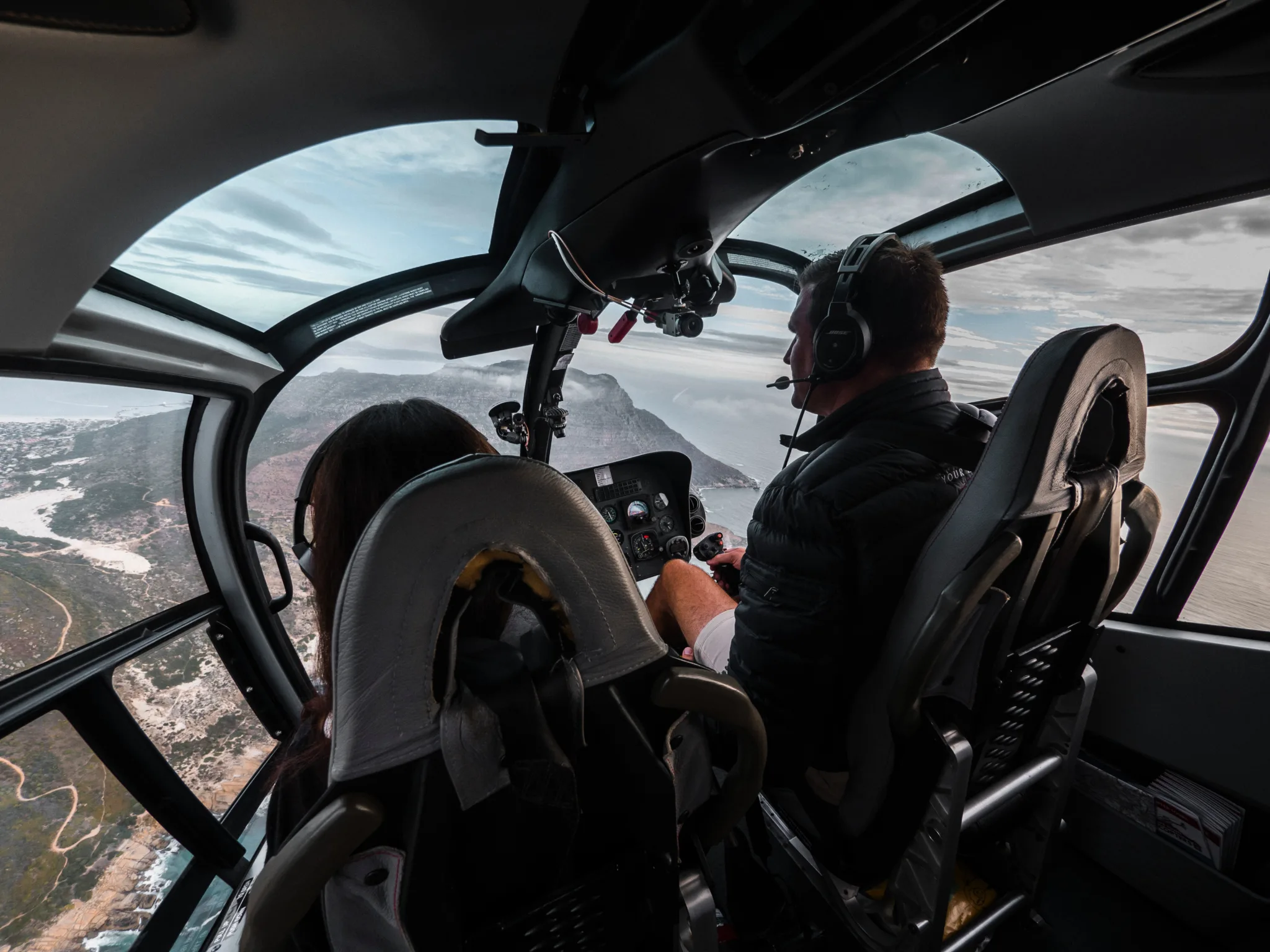
This experience demonstrates the vital importance of communication between rescue pilots and ground teams, illustrating how perfectly orchestrated collaboration can be the key to success in situations where every moment counts. For a rescue pilot, mastering this coordination becomes an invaluable skill, underlining the indispensable nature of their contribution to teams dedicated to saving human lives.
Career prospects for a rescue pilot
Rescue pilots, dedicated to doing their utmost to save lives from the skies, will be offered various career development prospects. To climb the ladder in this sector, experience and ongoing training remain an essential pillar of success.
Advanced training programmes specific to rescue missions, as well as crisis management courses, give pilots the opportunity to stay at the cutting edge of the latest developments in their field.
Whether in the field of emergency medical care, search and rescue operations or humanitarian aid, pilots have the opportunity to specialise and become recognised experts in crucial niches in their sector:
Here are some examples of promotion opportunities for rescue pilots:
This is the person who will receive alerts from people in distress, or from rescue services at sea or in the mountains… He will direct all rescue operations and coordinate the mission until it is successfully completed.
He will coordinate his teams and allocate all the resources required for the rescue situation. A real support in difficult situations, he develops the commitment and confidence of each rescue team. The supervisor will provide all the material, financial and moral keys to the smooth running of operations. He or she will also have to set up a system for talking to and supporting individual pilots and members of the rescue team when they are faced with certain stressful situations or failures, thus enabling them to better overcome the psychological ordeals of the job.
Just like our instructor trainers at CEFA, former rescue pilots wishing to get involved in mentoring or training have the mission of guiding future pilots to become the best in their field. Recognised for their experience in the field and their sound advice, they will develop each person’s skills, reinforce what they have learnt and their individual mastery, and lead the entire training process to achieve a single goal: to enable the aspiring pilot to be ready to live his or her dream and be recruited into the rescue sector.
So, for those who dream of saving lives thanks to their skills in emergency piloting, career development is varied and stimulating. Your experience and the quest for continuous learning will be the keys to success and career fulfilment.
Conclusion
In conclusion, the role of rescue pilots is emerging as an indispensable part of successful rescue operations in dangerous situations. Over the course of this article, we have explored the demanding challenges, specialist training, vital coordination with ground teams, and career development prospects that define this unique career.
The contribution of rescue pilots is often overshadowed by the complexity of their missions. Their dedication to preserving lives and their exceptional skills, forged in emergency situations, deserve unquestionable recognition. These guardians of the skies embody the very spirit of humanitarian relief. It is imperative that we salute their tireless commitment and recognise that every flight, every manoeuvre, is a response to the distress call of those who depend on their intervention.
As rescue pilots, they deserve our profound respect and gratitude for their invaluable contribution to the service of human life.
Are you interested in becoming a rescue pilot? We'd love to hear from you!
Our training courses
Becoming a pilot in Europe and Canada
Become a pilot in Europe only
To become a pilot for personal pleasure
CONVERSION TO EASA
To convert your licence and fly in Europe
CEFA – Centre Européen de Formation Aéronautique
- Aérodrome de Reims-Prunay, 51360 Prunay
- [email protected]
- 07 49 94 35 32
Notre antenne au Luxembourg
- 13-15, Rue de l'industrie L-8069 Bertrange Luxembourg
- [email protected]
- +352 2630761

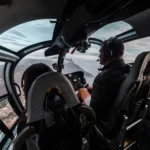
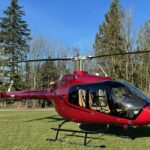
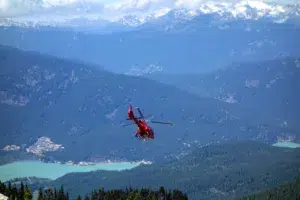
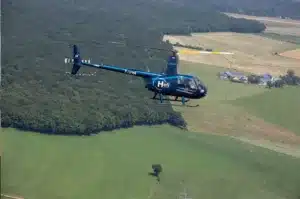

No comment yet, add your voice below!